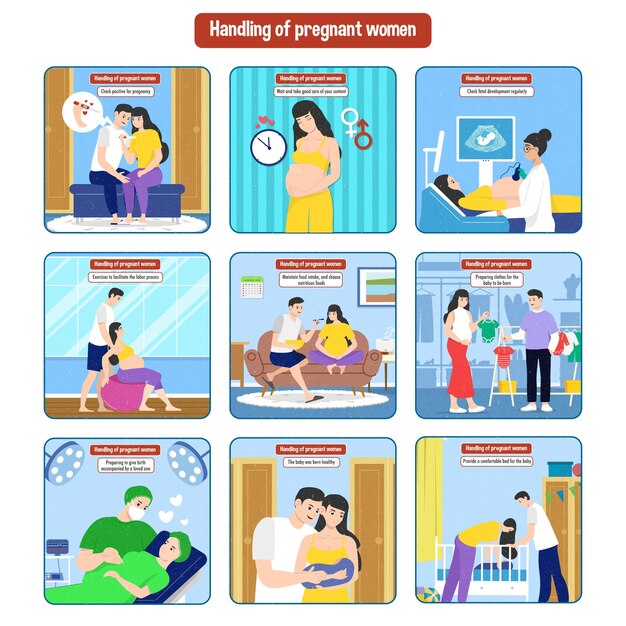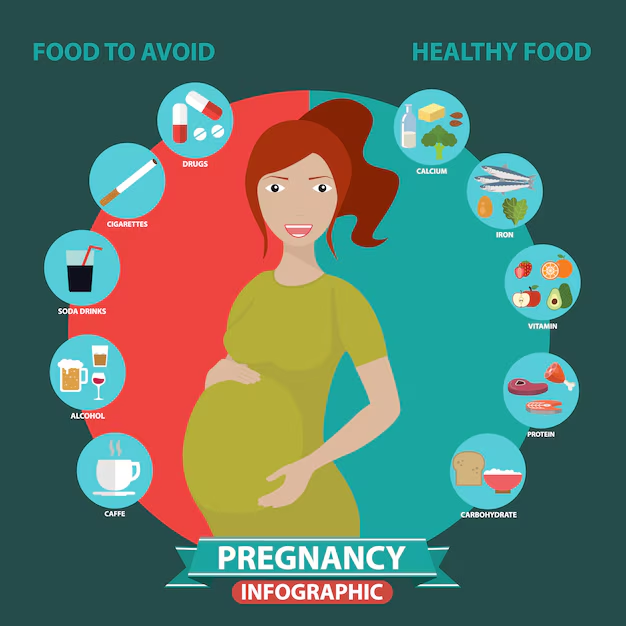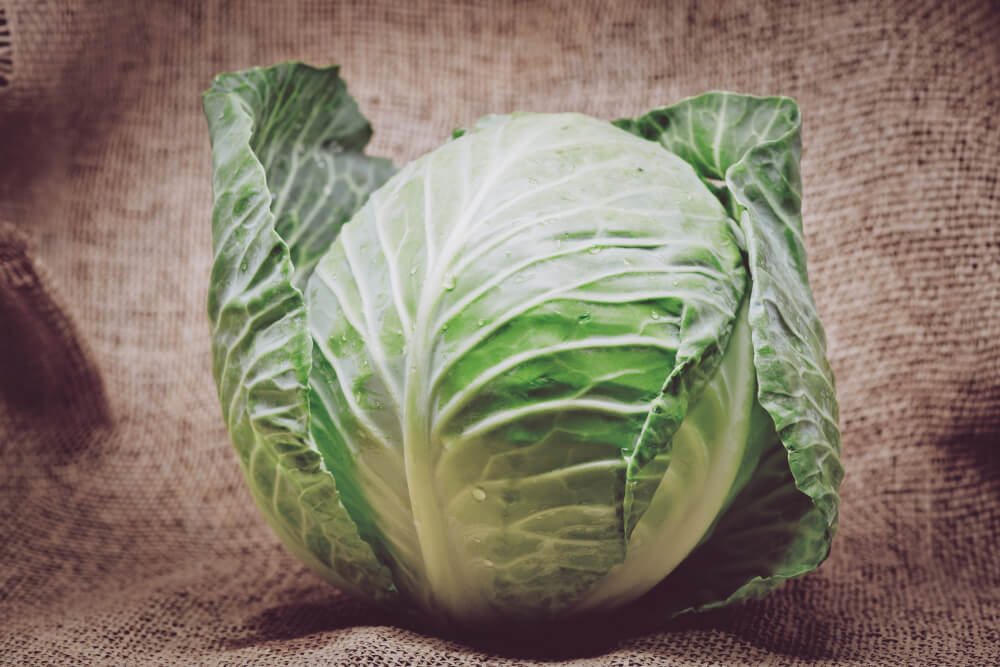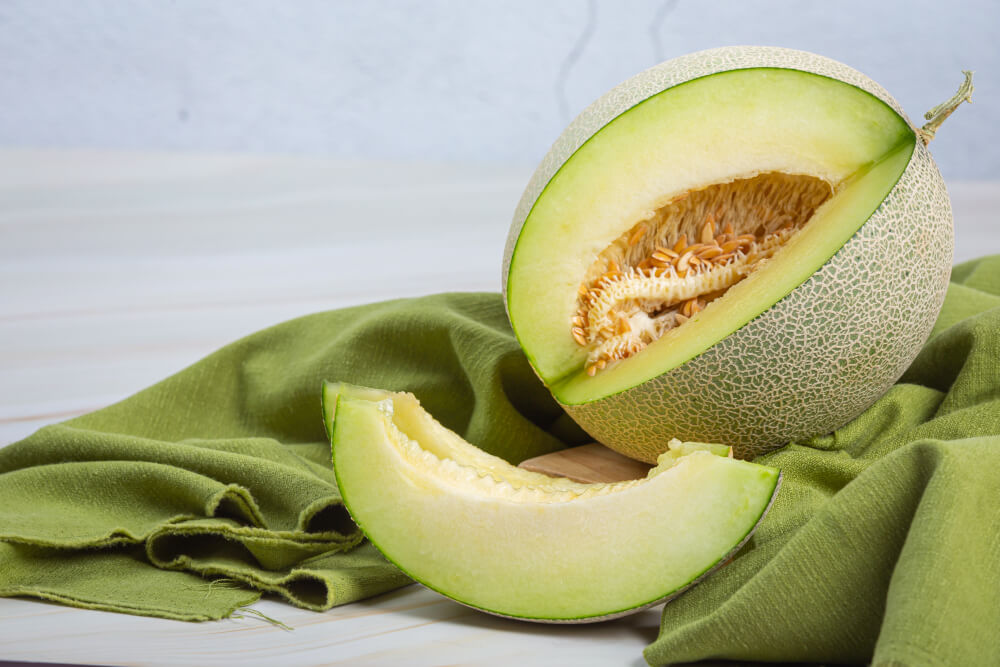The Ultimate Guide to Getting Pregnant: Fertility Tips, Timing, and Lifestyle Changes

Starting a family is a significant life decision, and while for many, getting pregnant happens quickly, for others it may take more time. However, by understanding the science behind fertility, ovulation, and reproductive health, you can maximize your chances of conception and begin your journey to parenthood. This detailed article provides a step-by-step approach to help you understand and improve your fertility, covering everything from tracking ovulation to making lifestyle changes that will support your reproductive health.
Understanding Ovulation and Fertility: The Foundation for Getting Pregnant
The key to successful conception lies in understanding your ovulation cycle and timing intercourse during your fertile window. Ovulation occurs when a mature egg is released from the ovaries and becomes available for fertilization by sperm. This window of fertility is usually around 12 to 24 hours after ovulation, so knowing when you are ovulating is crucial.
This article guides you through the most effective methods for tracking ovulation, which include:
- Basal Body Temperature (BBT) Charting: This involves measuring your temperature every morning before getting out of bed to detect subtle shifts that indicate ovulation.
- Ovulation Predictor Kits (OPKs): These kits detect the surge in luteinizing hormone (LH) that occurs right before ovulation, signaling the best time for conception.
- Monitoring Cervical Mucus: Changes in cervical mucus consistency during the menstrual cycle are key indicators of fertility, and this article explains how to observe and track those changes effectively.
By learning to track ovulation, you’ll gain a better understanding of your cycle and optimize your chances of conceiving naturally.
How Diet and Nutrition Play a Critical Role in Fertility
Nutrition is a critical factor in fertility for both women and men. The nutrients you consume affect hormone production, egg and sperm quality, and overall reproductive health. In this section, we dive into the foods and supplements that have the greatest impact on fertility, covering the following topics:
- Fertility-Boosting Nutrients: Essential vitamins and minerals, such as folic acid, iron, vitamin D, omega-3 fatty acids, and zinc, are vital for reproductive health. The article explains how these nutrients support healthy eggs, sperm, and hormonal balance.
- Foods to Eat for Fertility: This section outlines a diet that supports conception, including foods like leafy greens, whole grains, lean proteins, and healthy fats.
- Supplements for Conception: Many couples benefit from fertility supplements, including folic acid, vitamin D, and coenzyme Q10. We discuss the role of these supplements and how they support fertility in both men and women.
- Foods to Avoid: Certain substances, such as trans fats, excessive sugar, caffeine, and alcohol, can harm fertility. We explore how limiting or eliminating these foods can enhance your chances of getting pregnant.
Eating a balanced and fertility-friendly diet is key to creating the healthiest environment for conception.
The Impact of Stress on Fertility: Managing Your Emotional Health
Chronic stress can have a profound impact on fertility by disrupting hormonal balance and interfering with ovulation. Additionally, the emotional toll of trying to conceive can increase stress levels and hinder the process. In this article, we provide stress management techniques to help reduce anxiety and improve your emotional well-being, including:
- Mindfulness Practices: Techniques like meditation and deep breathing can help lower cortisol levels and calm the nervous system, reducing stress-related infertility challenges.
- Yoga and Relaxation: Yoga, particularly poses designed to relax and stretch the pelvic region, can help relieve tension and improve blood flow to the reproductive organs.
- Positive Emotional Health: We discuss the importance of maintaining a positive mindset, seeking emotional support, and practicing self-care during the trying-to-conceive journey.
Managing stress not only improves your emotional well-being but can also enhance your fertility by creating a more conducive environment for pregnancy.
The Importance of Maintaining a Healthy Lifestyle for Fertility
A healthy lifestyle is essential for improving fertility, and this article outlines several key areas to focus on:
- Achieving and Maintaining a Healthy Weight: Whether overweight or underweight, having a healthy weight is vital for fertility. Both extremes can interfere with hormone production and ovulation. We discuss the importance of maintaining a healthy body weight through proper nutrition and exercise.
- Exercise for Fertility: Regular physical activity can boost fertility by improving hormonal balance, supporting a healthy weight, and reducing stress. However, excessive exercise may have a negative effect, so we provide guidelines for maintaining a balanced exercise routine.
- Toxicity and Fertility: Toxins such as smoking, excessive alcohol consumption, and high caffeine intake can negatively affect fertility in both men and women. This article discusses the importance of avoiding harmful substances to improve reproductive health.
Adopting a healthier lifestyle through balanced nutrition, moderate exercise, and toxin avoidance can significantly improve your fertility.
Fertility Testing and Medical Interventions
If you’ve been trying to conceive for more than a year (or six months if you’re over 35), it may be time to seek help from a fertility specialist. This article provides a comprehensive overview of fertility testing and medical treatments available to couples who are struggling to conceive:
- Common Fertility Tests: We explore the different tests available to assess fertility, including blood tests to measure hormone levels, semen analysis to evaluate male fertility, and ultrasound and hysterosalpingography (HSG) to assess reproductive health in women.
- When to Consult a Fertility Specialist: We discuss the signs that indicate it might be time to consult with a fertility expert, including irregular cycles, recurrent miscarriages, and low sperm count.
- Fertility Treatments: For couples who need additional assistance, there are several fertility treatments available, including intrauterine insemination (IUI), in vitro fertilization (IVF), and fertility medications. This section discusses each option and provides a clear understanding of what to expect during treatment.
Getting fertility testing and medical intervention at the right time can help you address any underlying issues and move closer to achieving your pregnancy goals.
Natural Ways to Boost Fertility
There are many natural ways to enhance fertility that don't require medical intervention. This article offers insights into various natural practices that can help improve reproductive health:
- Acupuncture and Traditional Medicine: Acupuncture is an ancient practice known to improve blood flow to the reproductive organs, balance hormones, and increase fertility. We explore the benefits of acupuncture for both men and women.
- Herbal Remedies: Several herbs, such as chaste tree berry, red clover, and maca root, are believed to help regulate hormones and improve fertility. This article discusses the role of herbal remedies and how to use them safely.
- Detoxing for Fertility: Exposure to environmental toxins can negatively affect fertility. We provide tips on how to detoxify your body by reducing exposure to harmful chemicals found in household products, cosmetics, and plastic containers.
Sections Included:
-
Tracking Ovulation and Identifying the Fertile Window
- Effective methods to track ovulation and improve conception timing.
-
Nutrition and Fertility
- Foods, vitamins, and supplements that support reproductive health.
-
Stress Management and Mental Health
- Techniques for reducing stress and improving emotional health to enhance fertility.
-
Lifestyle Choices for Better Fertility
- How maintaining a healthy weight, exercising, and avoiding toxins can improve fertility.
-
Fertility Testing and Seeking Medical Help
- When and how to get fertility tests and medical interventions.
-
Natural Ways to Boost Fertility
- Acupuncture, herbal remedies, and detox strategies to improve reproductive health.
Related Articles

Nutrition Tips for a Healthy First Trimester

Baby development at 33 weeks

Baby development at 32 weeks

Baby development at 30 weeks

Mental Health During Pregnancy: Taking Care of Your Emotional Well-Being

Baby development at 34 weeks

Baby development at 1 week

Preparing for Labor and Delivery